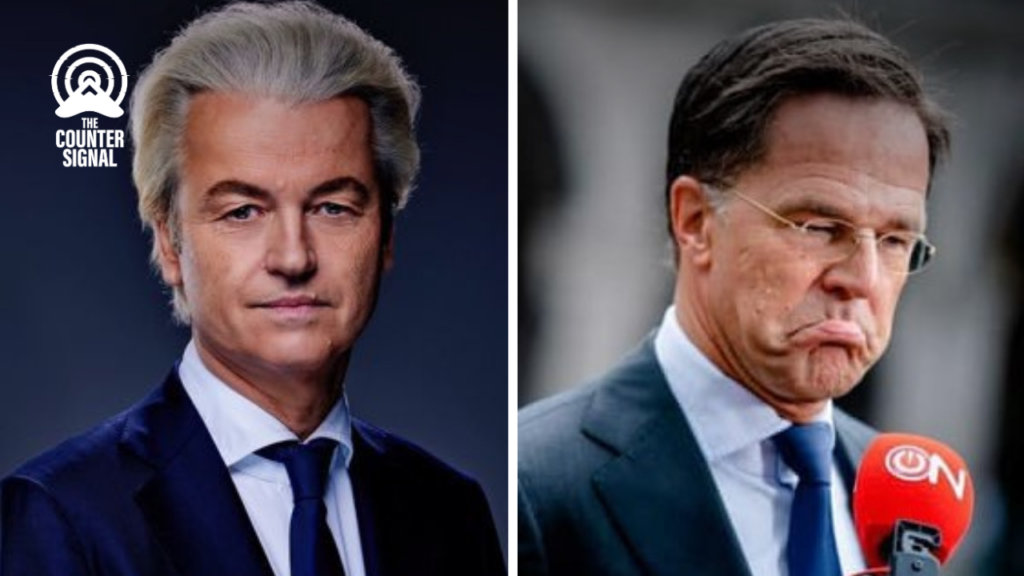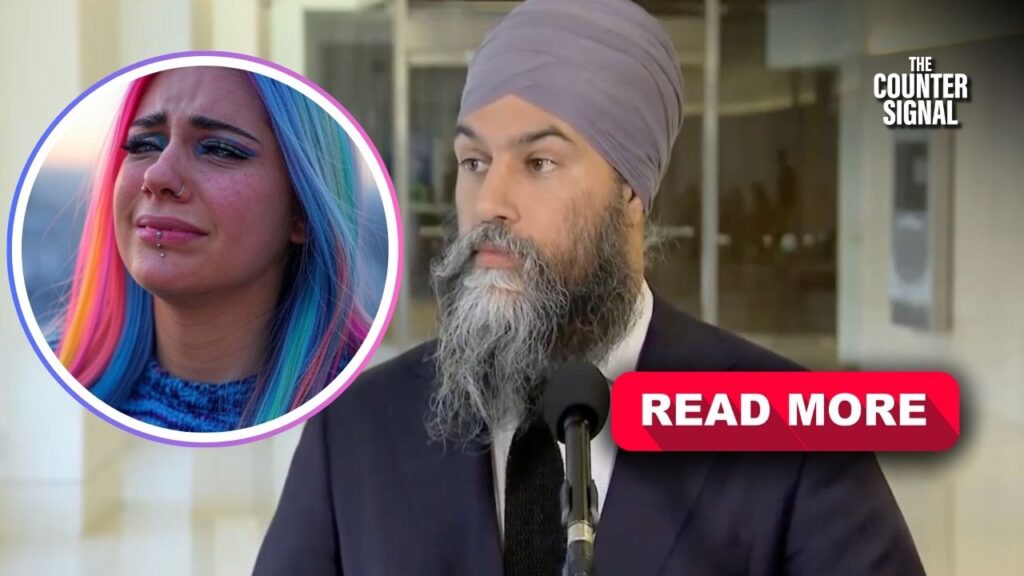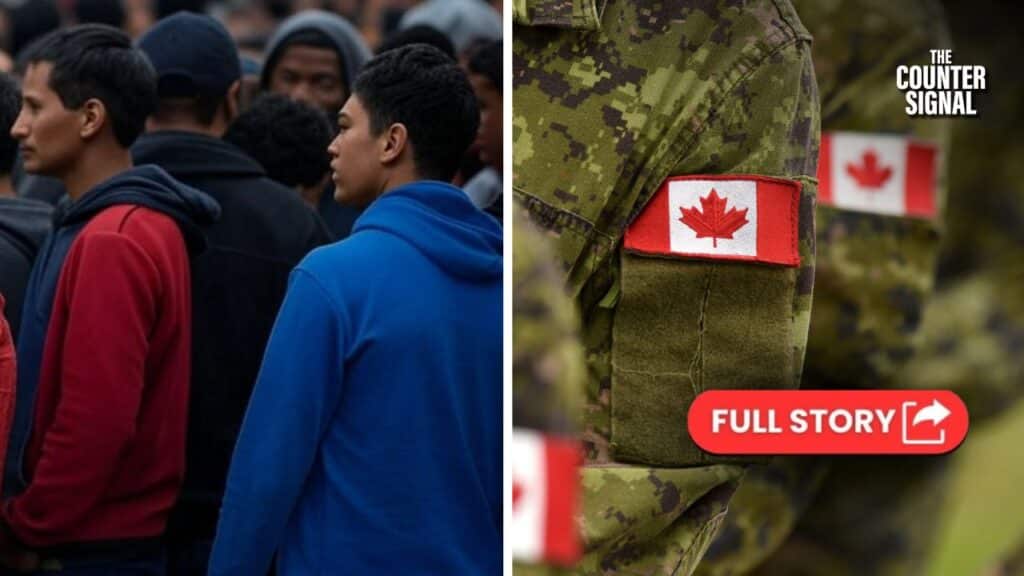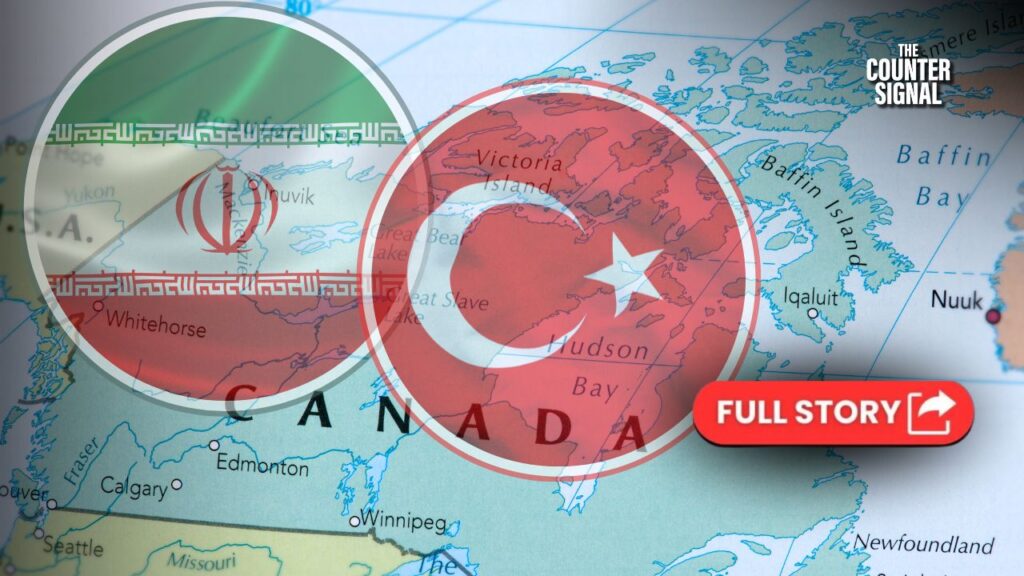Dutch Prime Minister Mark Rutte’s coalition government has collapsed amid disagreement over the country’s refugee intake policy.

Rutte’s government hasn’t confirmed the reported collapse but is scheduled to speak sometime Friday evening.
The country has been dealing with overcrowded migration centres and disagreement among politicians about what to do.
Rutte, who’s been Prime Minister of the Netherlands since 2011, is said to have wanted stricter regulations on migration than some of the other parties in his coalition. Currently, about 43,000 refugees per year are accepted into the Netherlands.
Rutte wanted to limit the number of relatives of refugees who were allowed into the Netherlands.
BBC reports Rutte proposed allowing in just 200 relatives of refugees per month, which the pro-family coalition partner Christian Union, and the woke D66 partner opposed.
Dutch Prime Minister Mark Rutte's coalition government collapsed after just a year and a half in office, in a row over measures to curb the flow of migrants, local media said. #WEF2030Agenda is now under attack by people who are waking up. WEF devotee Rutte has fallen.… pic.twitter.com/K2mvpOfpSy
— Jim Ferguson (@JimFergusonUK) July 7, 2023
Rutte proposed a compromise to the coalition parties, attempting to only limit the relatives of war refugees when the country was experiencing a high influx of migrants. However, the coalition parties wouldn’t agree.
Other more conservative parties, such as Geert Wilders’ Party for Freedom (PPV), have strongly opposed the amount of migrants the Netherlands currently takes in.
In the last national election, Wilders’ PPV came second to Rutte’s party, winning 20 seats compared to Rutte’s 33. Wilders won 8 more seats than the previous election.
Last year, The Counter Signal spoke with Wilders, who said Trudeau and Ruute are no different from one another when it comes to their alignment with the WEF agenda.
Wilders also said Ruute’s government was getting increasingly hostile in its climate agenda, leaving Dutch farmers feeling “politically beaten away.”
The most recent sign of aggression from the government came in November when it announced it would force at least 3000 farmers to sell their land in order to comply with the EU’s climate agenda and emissions reduction targets.
Since then, farmers’ protests dubbed the Dutch Uprising have only increased, including massive protests in The Hague where the government relied on military equipment to quell tensions and made multiple arrests.
New elections will take place most likely in the fall.









